Parkland, Aurora, and Becoming Numb To Violence
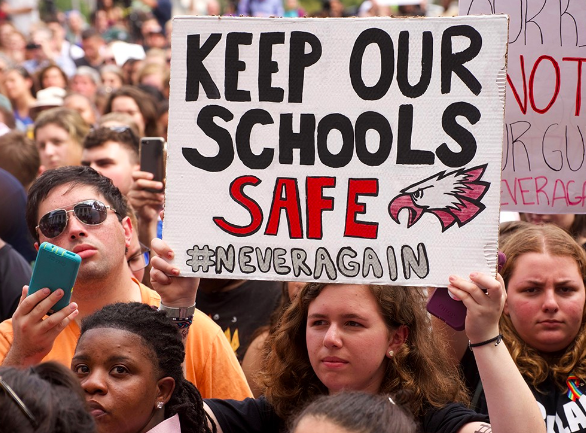
February 28, 2019
Each day, it seems the gruesome headlines repeat – shooting, mass shooting, school shooting. While they once struck fear in the heart of any reader, people have now become desensitized. One might think that with each additional violent event we hear of, we’d feel an even more acute sadness, but for some reason, that doesn’t seem to be the case.
This leads us to wonder: what has smothered the chill that used to run down our spines when we heard of violence all the way across the country? How can we reduce our increasing numbness to such events? And have Latin students, or American citizens in general, learned anything at all from the incessant shootings?
These questions, as we reflect on the one year anniversary of the Parkland shooting, and contemplate a recent attack a mere 40 miles away in Aurora, have never been more relevant to our community. This past February 15th, a man killed five people at his workplace in Aurora, Illinois, when he learned that he was being laid off. Among the dead was a college intern on his first day at the job – Trevor Wehner. He was 21. On February 16th, though, everything went back to normal. The Aurora shooting faded from most people’s minds, and conversation topics reverted to homework and sports. Some Americans, who hadn’t scrolled through their news feed that day, didn’t even hear of the shooting. Some never will.
However, a year ago, the Parkland shooting’s particularly disturbing nature did lead some students to take action. A team of Latin students, including Savannah Brock, Maeve Healy, and Alexa Ramirez, planned a walkout to Lincoln Park and went on to protest downtown. It was a glint of action in an otherwise passive society – and it was a huge success. “It definitely took a lot of planning and hard work,” recounted Savannah, a junior. “Alexa Ramirez, who was a senior at the time, and I attended several meetings with students from other high schools. What made it so difficult was that many of these other students’ school administrations were much less supportive of them protesting and leaving school.”
Luckily, Latin was fairly enthusiastic when they heard of the idea for a walkout and elected to excuse any protest-related absences. Having said that, Savannah wholeheartedly decided that their effort was “definitely worth it” and was proud that she “inspired people to get involved.”
Maeve, a sophomore, further said that “the student walkout was an incredible display of Latin’s potential to make things happen.” Often, though, a shooting isn’t quite disturbing enough to incite action, and its only result is to dampen the shock value of other shootings to America’s population. This process, to psychologists, is known as psychic numbing. It’s especially pertinent when the victims are described by a number, rather than their names.
As Paul Slovic, a psychologist at the University of Oregon, said in relation to psychic numbing, “there’s no constant value for a human life . . . the value of a single [human] diminishes against the backdrop of a larger tragedy.”
Essentially, as more and more Americans fall victim to gun violence, the less society cares about their deaths. It’s a real problem, too – as Savannah went on to say, “this type of numbness can lead us to believe that these shootings are random and out of our control, which is not true at all.”
It’s easy, as the number of victims to gun violence climbs, to nurture a sense of helplessness in relation to the issue. Fighting through that feeling is hard – it goes against our innate human instincts. The numbers have faces, though. It’s key to remember that each additional tally represents a lost human being, who was perhaps a sibling, grandchild, or cousin. With that in mind, it’s much more possible to learn from it, take action, and attempt to convince lawmakers to do the same.
Slovic later said that “there’s a hard limit to human compassion.” While the logic behind his words is sound, there’s no reason that people should justify their passivity with the words of a university psychologist.
Besides, they say that limits exist to be broken.


































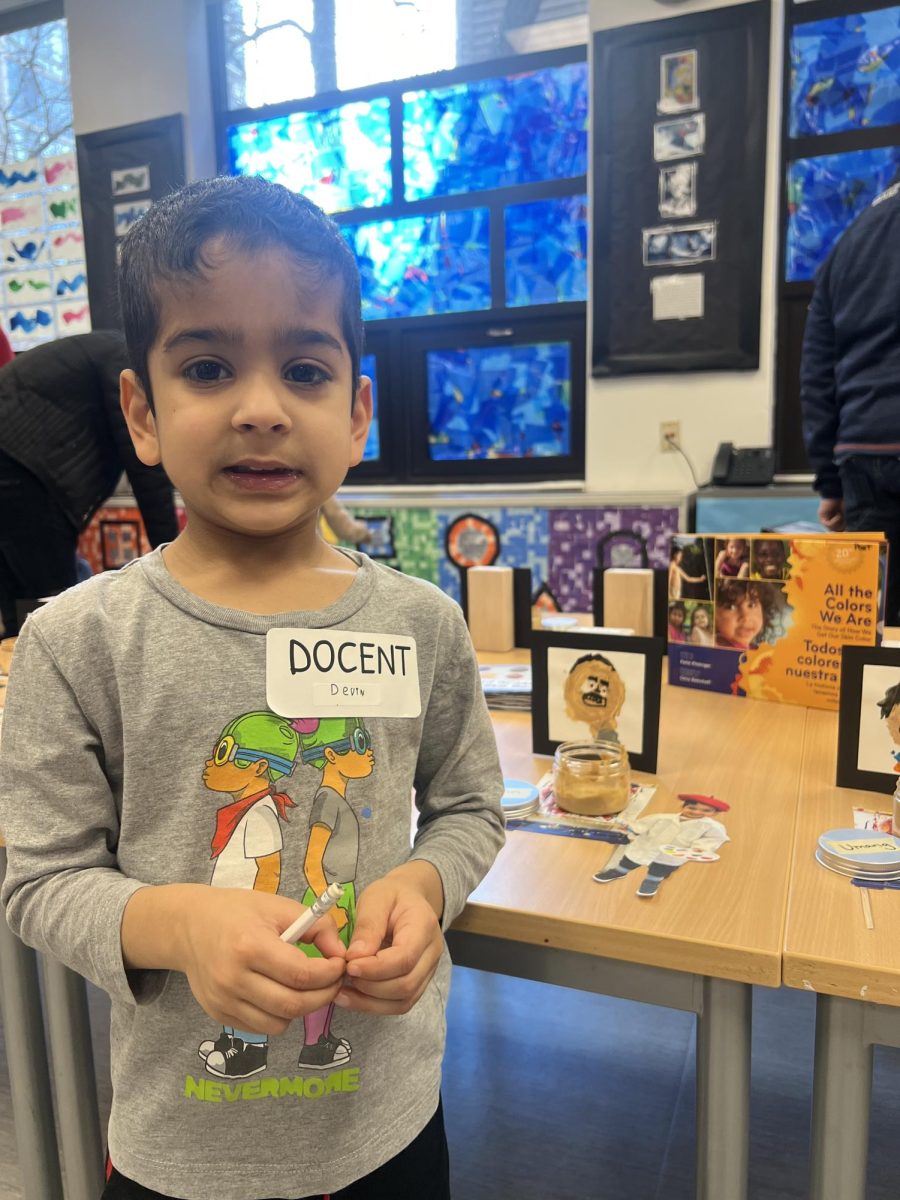
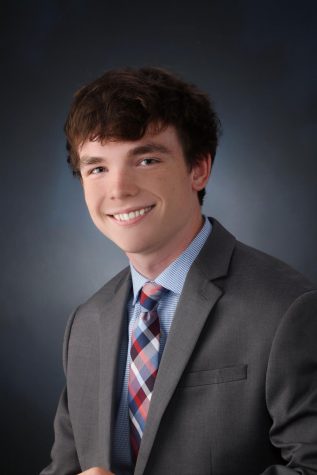
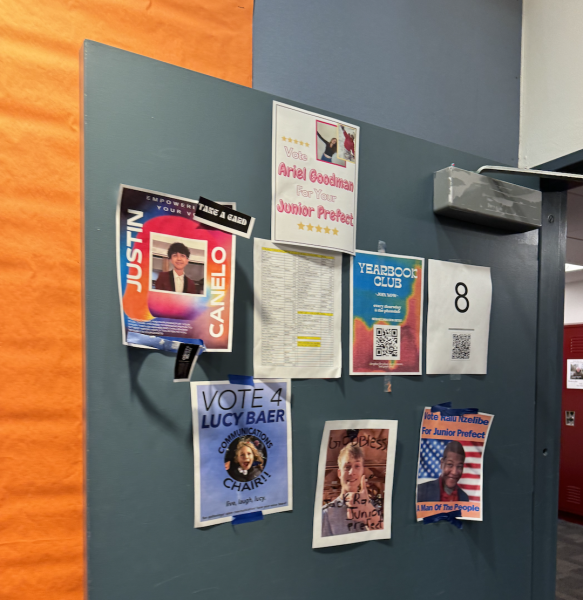

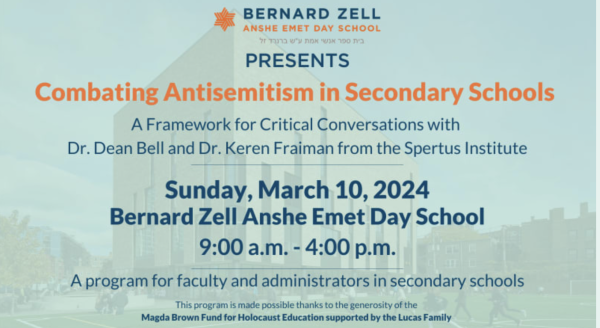
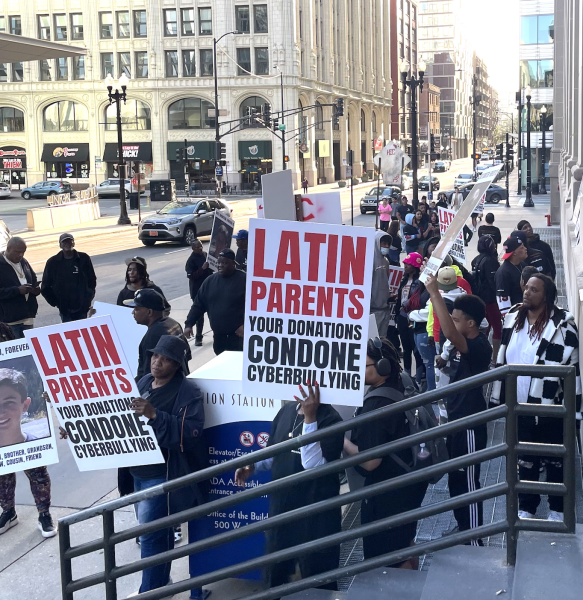
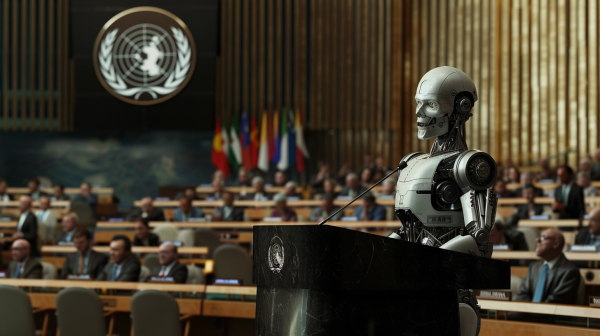

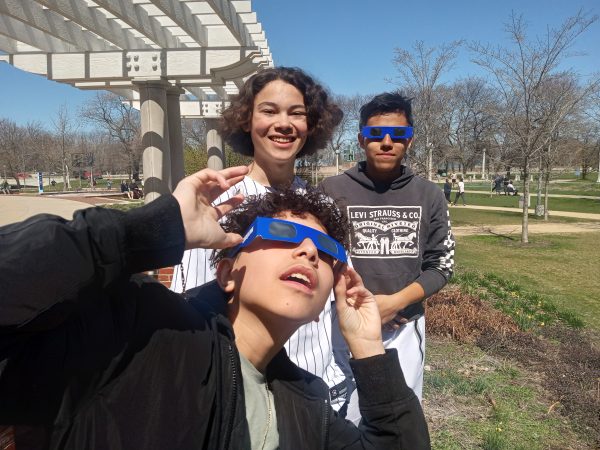
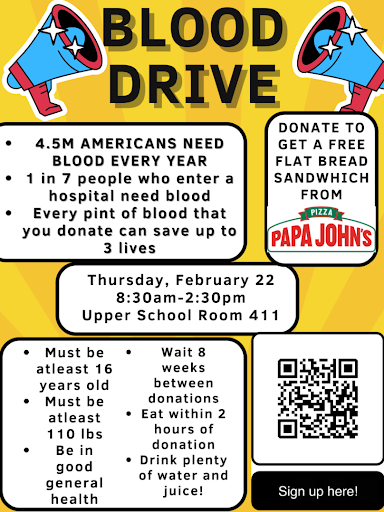
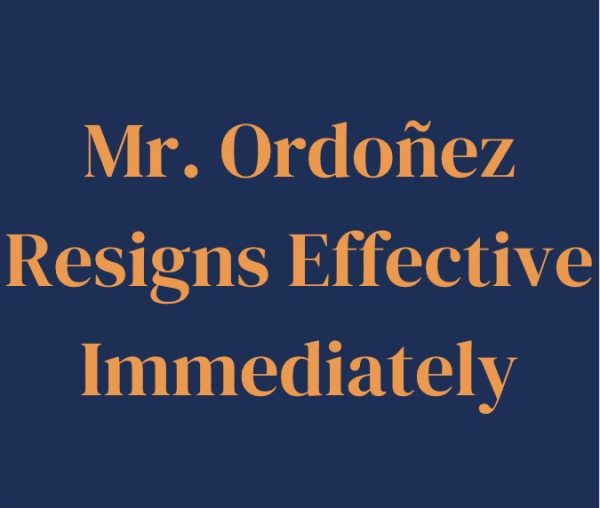

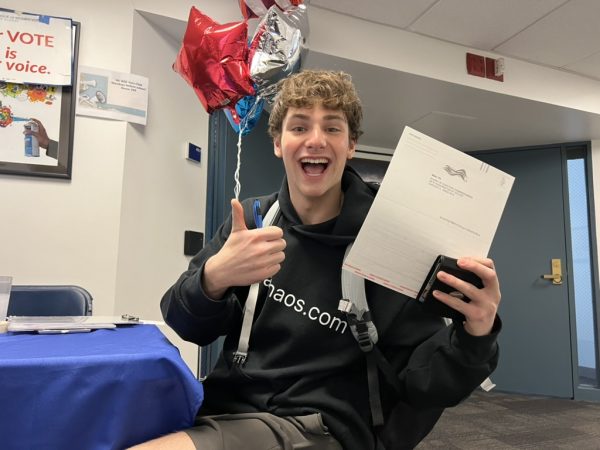
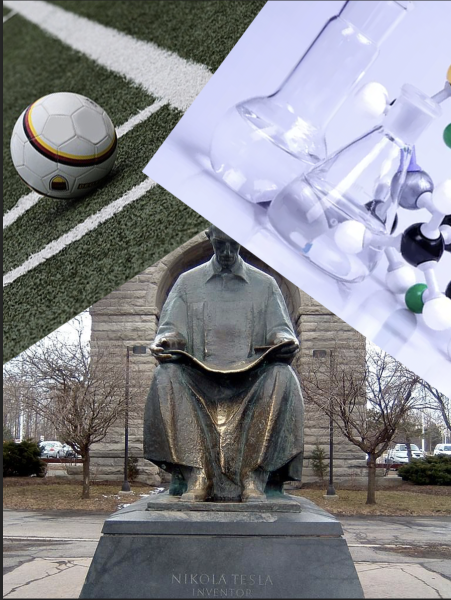

rigbokwe • Mar 1, 2019 at 6:54 pm
Thank you so much for writing about this important topic in such an engaging way. Desensitization is a battle that, by definition, gets harder to overcome as time goes on and violence continues. But we simply can’t stop caring because when we do, we are failing so many people—and ourselves. Amazing article Peter!! 🙂
lmccutch2 • Mar 1, 2019 at 4:51 pm
I think this piece is pertinent and a must-read. Loved the way you closed it, too